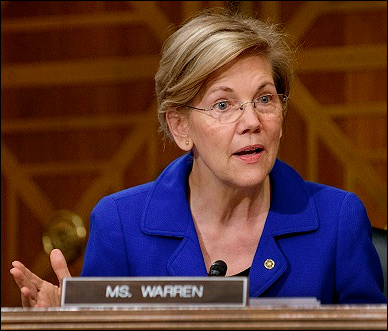By Jim Ellis

Does Arizona hold the key in a Trump-Biden candidacy?
The key point to remember about national presidential polling is that the aggregate ballot test means very little yet is the subject of most political research studies. Knowing what voters think about the campaign in places like Arizona, Florida, Georgia, Michigan, North Carolina, Pennsylvania, Texas, and Wisconsin is much more important when attempting to project a final outcome, but we see far fewer numbers coming from these places than we do nationally.
In 2016, we will remember that almost all analysts and political prognosticators were predicting a Clinton win, and virtually all national polling was revealing an advantage for the former secretary of state, US senator, and First Lady, yet Trump emerged the winner. After the election, most surface analysis reported that the polling was in error, but such was not generally the case. The preponderance of polling, which predicted a narrow Clinton popular vote victory was actually correct; as we will remember, Clinton finished ahead of Trump in a close plurality.
With this background in mind, let’s look at what the various polling firms are projecting this month for the Trump-Biden race and compare it to the available data from 2016.
In April 2016, through the 15th of the month, three national polls had been released from individual or collaborating media entities: CBS News (April 8-12), NBC News/Wall Street Journal (April 10-14), and Fox News (April 11-13). This year, we see a more active April polling month that yields nine studies from eight different pollsters.
In 2016, the three testing entities all predicted Hillary Clinton to be holding the advantage over Donald Trump, by margins of 10 (CBS), 11 (NBC/WSJ), and 7 (Fox) percentage points. A little over six months later, Clinton would carry the national popular vote by 2.1 percentage points but lose the presidency because the key states broke toward Trump, which added up to an Electoral College win.

